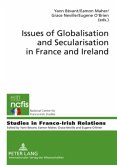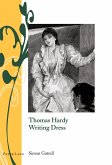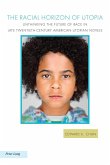This is a study of black masculinities produced in two distinct bodies of 1960s and 1970s texts: ethnographic accounts of black urban families and black men's self-narratives. Those seemingly incompatible genres of writing are treated on a par, as narrative spaces within which social identities are forged and negotiated. Part I of this book offers a critical analysis of social science literature since the mid- to late 1960s. It includes the controversial Moynihan Report, which has been center stage of debates about "black matriarchy", race relations, and social policy, as well as ethnographies by Ulf Hannerz, David A. Schulz, and Kenneth B. Clark. It is against the backdrop of the ethnographic research that Part II investigates discursive continuities as well as ruptures in the articulation of black masculinities in Dick Gregory's and Claude Brown's narratives of success and counter-hegemonic prison writings by Black Panther Party leaders: Bobby Seale, Eldridge Cleaver, and George Jackson.
Bitte wählen Sie Ihr Anliegen aus.
Rechnungen
Retourenschein anfordern
Bestellstatus
Storno








